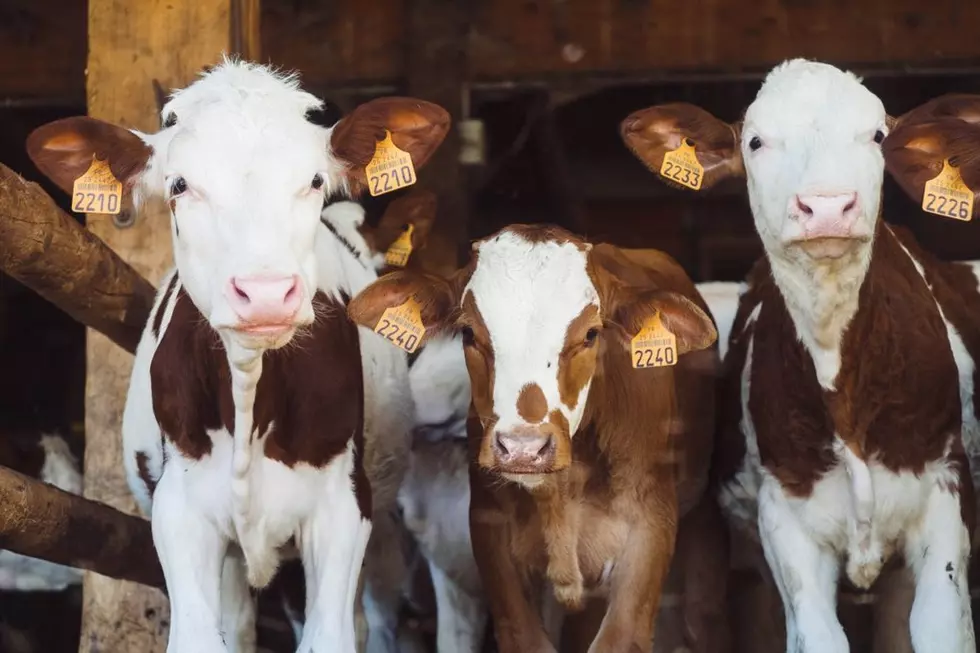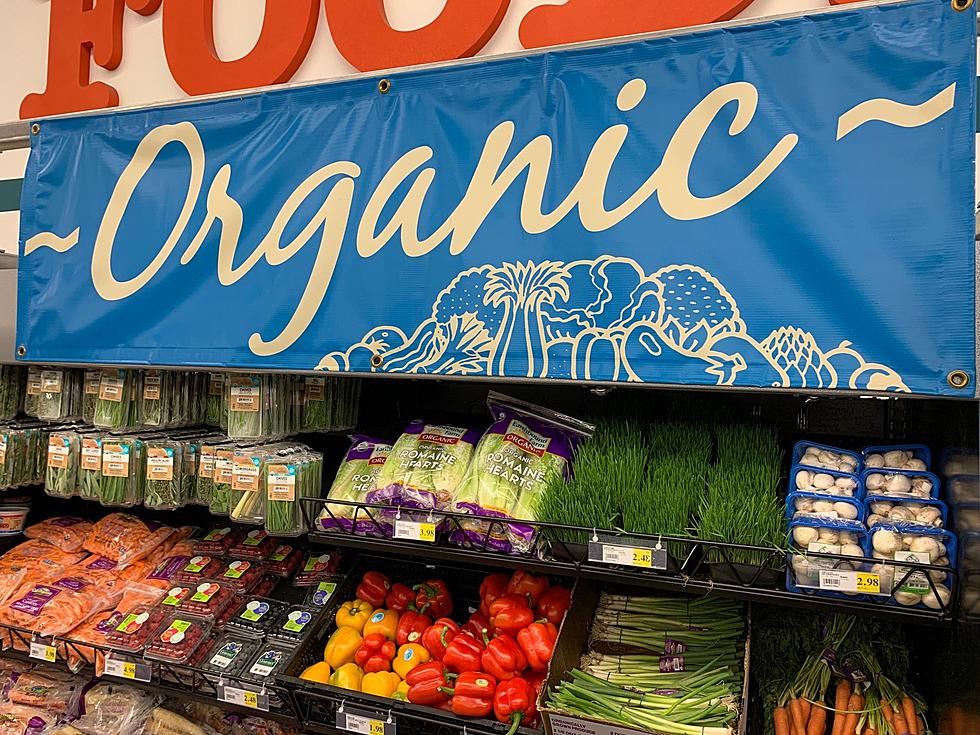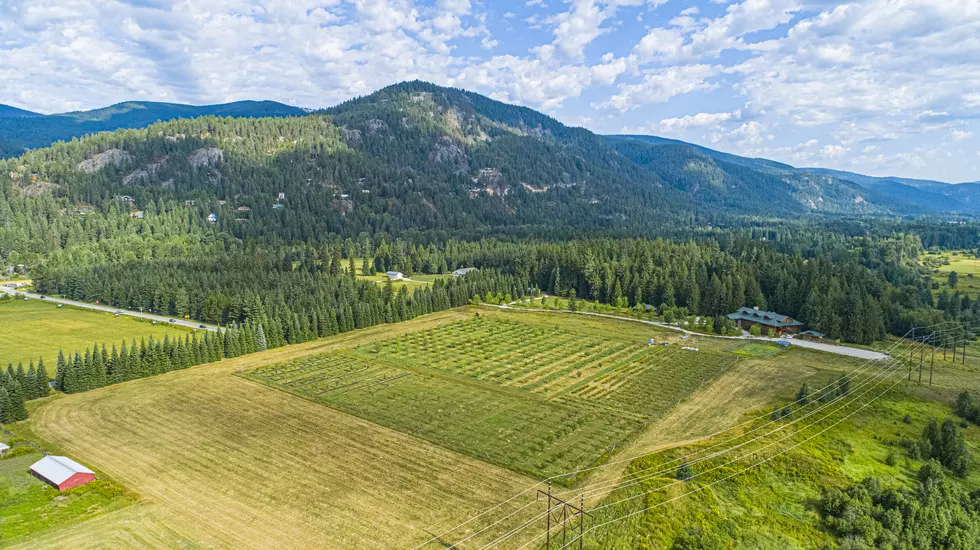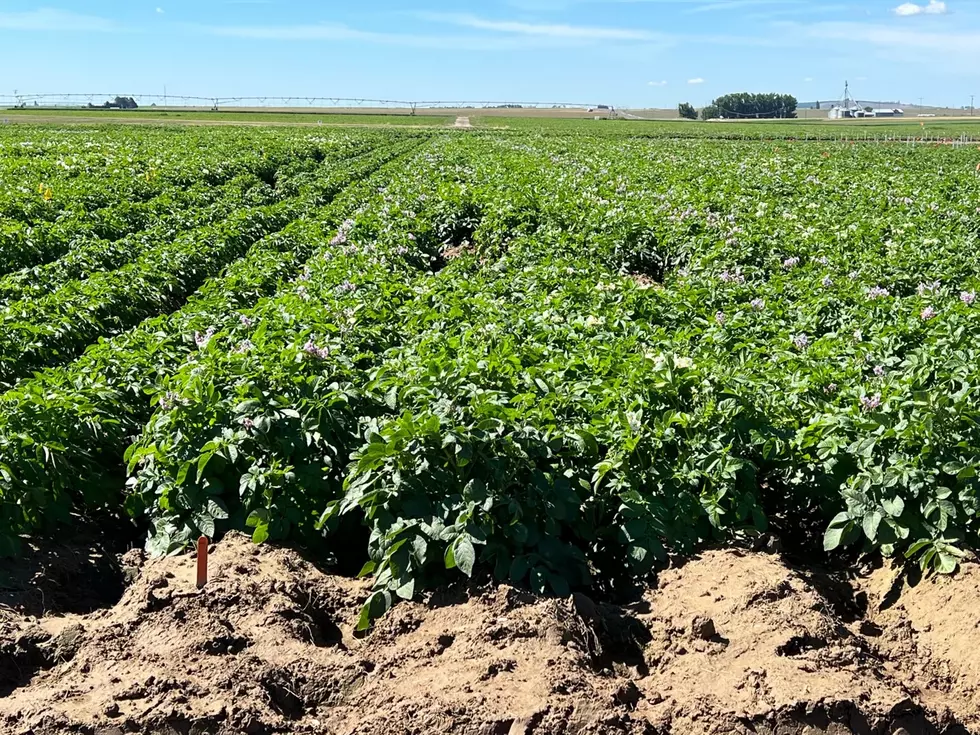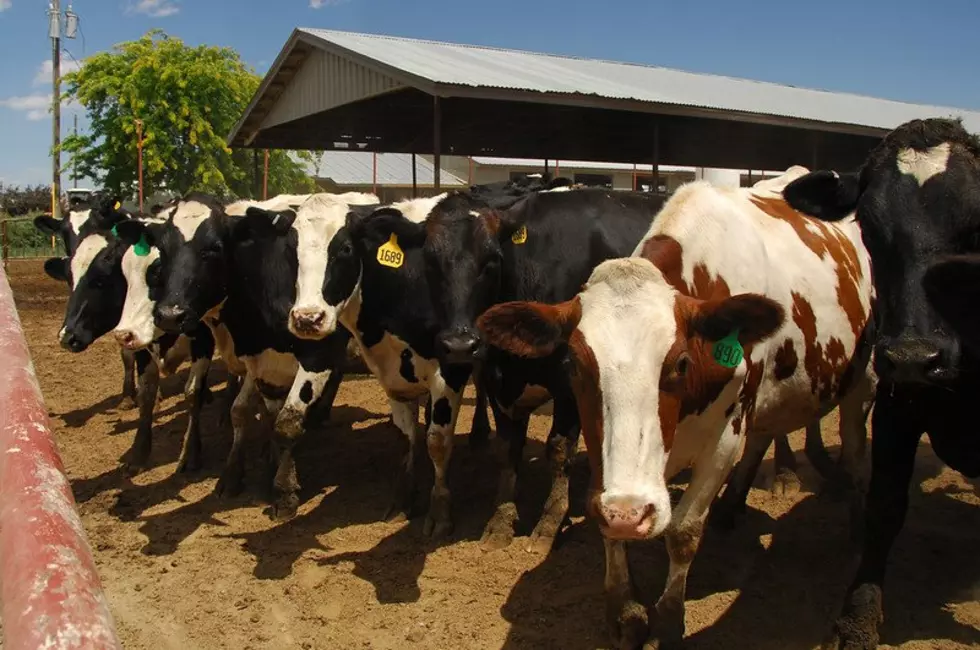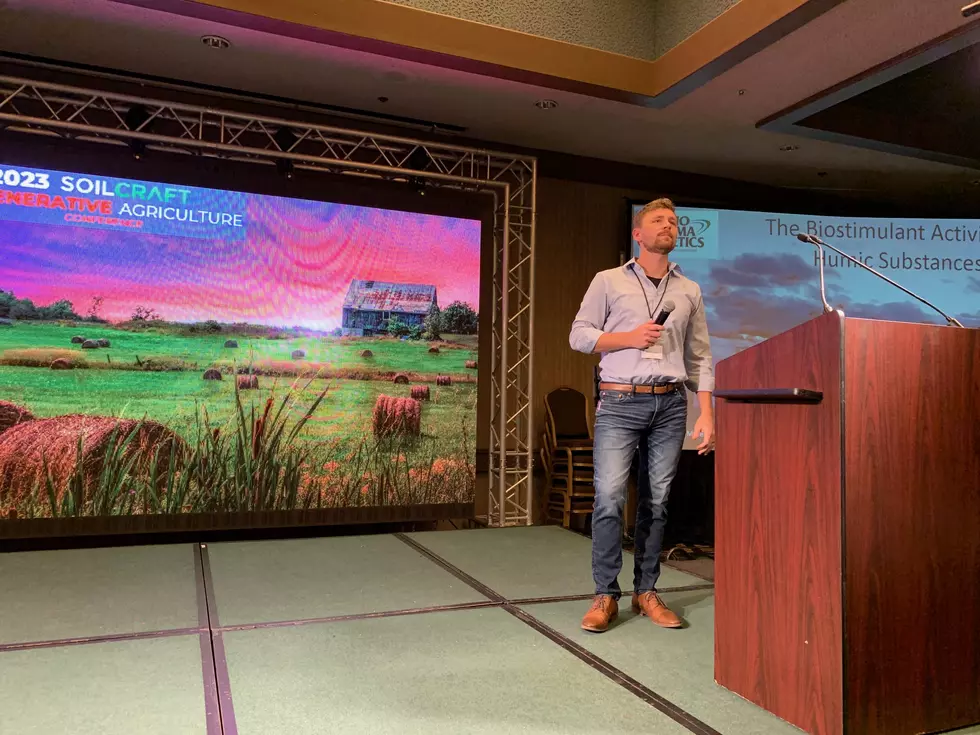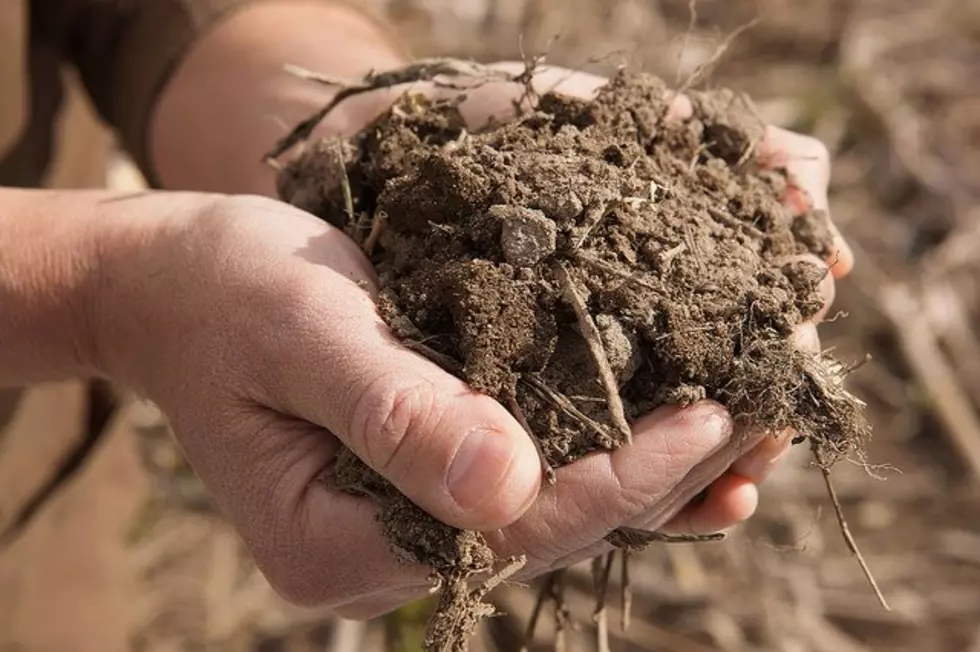
Supporters: Regenerative Ag Can Help Human Health, Planet Health
It may not be a term many in the Northwest farming community are familiar with right now, but a growing number of Midwest producers are trying to change that.
Regenerative Agriculture.
Sarah Cotterill is a farmer back in Indiana, and she noted at its core, Regenerative Ag is old school farming that promotes a healthy balance in soil health by shying away from chemical inputs, similar to an organic operation. But she said, a producer does not need to transition to organic to enjoy the benefits of Regenerative Ag.
“A lot of it comes down to stopping that pesticide application and letting that balance of the micronutrients happen to keep the soil health and the plants healthy. We on our farm shy away from tillage as much as we can, but that sometimes is a process depending on what soil you have and how it functions.”
Cotterill founded her company Lineage to promote Regenerative Ag and the vital role soil health plays in human health.
“There is in one teaspoon of healthy soil more biodiversity and microorganisms then there are people on earth. So, you take that, then you take the fact that 1/3 of the world’s soil has been damaged due to poor agricultural practices and chemical inputs that depletion in our soil then means the food that we’re putting in our bodies isn’t as healthy.”
Cotterill noted that in addition to improved human health, Regenerative Ag promotes a healthy ecosystem and can help efforts to combat climate change. Click Here to learn more about efforts at her farm, Lineage.
If you have a story idea for the Washington Ag Network, call (509) 547-1618, or e-mail gvaagen@cherrycreekmedia.com
More From PNW Ag Network

